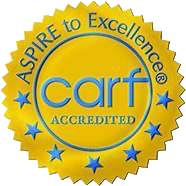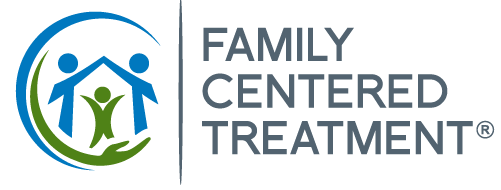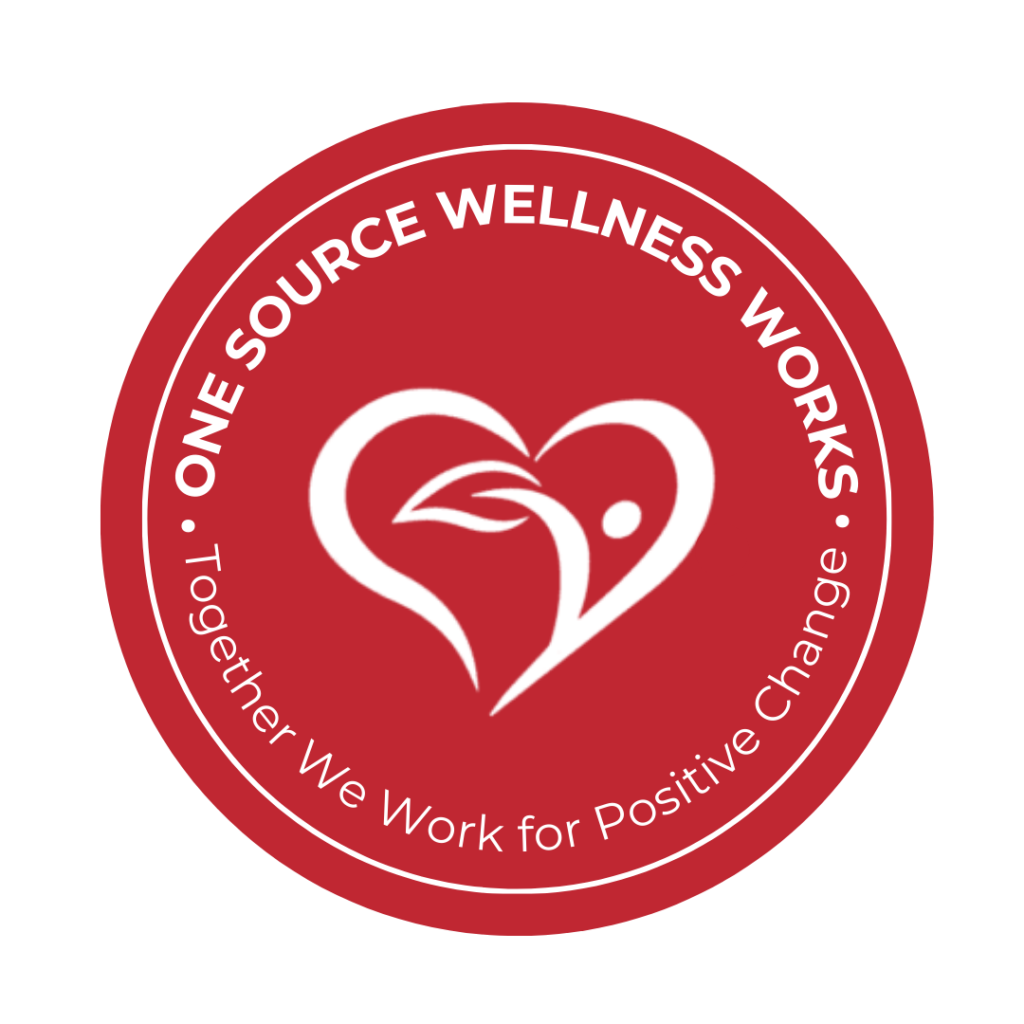All you need to know about family centered therapy

Traditionally, the term “family” referred to people who were related through blood, marital bond, or adoption. Today’s definition encompasses the several deep friendships that are the foundations of your life, irrespective of whether you share a blood bond, or a legal connection.
Family therapy may be beneficial in several situations that influence family bonds and dynamics since these ties are so essential in our lives and greatly influence our mental and physical well-being.
Family centered therapy can be used in various scenarios, including:
- Marital issues Communication breakdown
- A serious illness
- A mental health condition
- A substance use disorder
- Family conflicts
- Behavioral disorder
- Domestic violence
Family centered therapy
The term “family therapy” implies that family members seek counselling as a group. Though it is beneficial if every member of the family took part, family therapy does not really require your entire family to be involved. This means that the counselling will concentrate on family communication and interaction. Family therapy is typically brief and focused on specific goals. It investigates the behaviors, internal conflict, and communication patterns in the family structure.
Initial screening
You and your therapist will most likely talk about the problem that brought you as well as your members of the family to therapeutic interventions during your first meeting. Your therapist will provide each individual the opportunity to discuss what they believe are the main issues that they or their family is experiencing and the potential factors behind them.
Assessment
During the next few sessions, your therapist will most likely gather information from you in order to build a view of your family and the way it functions.
Your therapist will gain an understanding of your family’s crises and how you deal with them collectively as a family, and as well as individually. Your therapist might even request that you think and jot down about who in your family has power and how decision-making occurs.
Curating a treatment plan
Family therapists are usually more interested in problem – solving skills than in playing the blame game. Working together, you and your therapist will most likely devise a plan outlining what you , and any members of your family could do to start changing unhealthy dialogue and focus towards problem – solving skills. Your treatment plan may also include strategies for enhancing your family’s unique strengths. It is critical for the success of your therapy to choose the best therapist for both you and your family. To find a good fit, it is appropriate to take your time, ask any questions, verify their credentials, and sometimes even interview the therapists.
Benefits of Family Therapy
Treatment, unlike individual therapy, is not just for one person — even if that person is the only member of the family collaborating with the mental health professional. Instead, the emphasis is on the relationship network that comprise the family unit.
Some of the most promising benefits of Family centered therapy are as follows:
- Improving communication skills
- Helping members of the family that may be prone to trauma or substance abuse
- Assisting in establishing effective communication between the family members
- Developing coping strategies for each member of the family
- Identifying ways to find healthy support
[testimonial_view id=”1″]
Recent post
Feedback
[testimonial_view id=”2″]

















